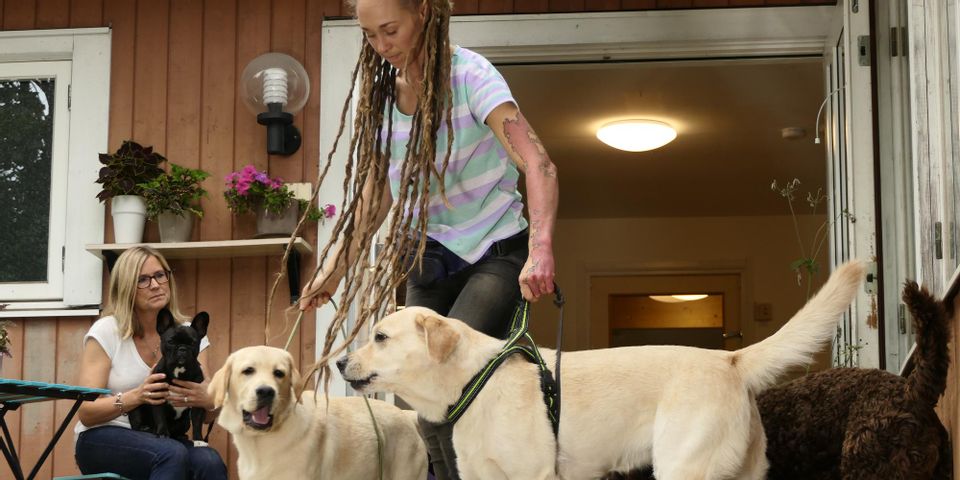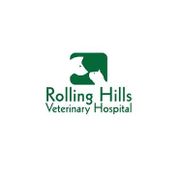
Before you board your dog or take them to a park or daycare facility, visit a veterinarian to get the canine up to date with their shots. Doing so could prevent your pet from contracting kennel cough. Dogs develop the respiratory disease from being in close proximity to large groups of canines. To readily know if your animal is under the weather, below is an overview of kennel cough symptoms and treatment options.
How Dogs Get Kennel Cough & Signs to Look For
Canine infectious tracheobronchitis, or kennel cough, develops when a dog is exposed to the bacteria Bordetella bronchiseptica along with canine influenza or another virus. The infection spreads when dogs rub noses, bark in close proximity, or drink and eat from bowls contaminated with the bacteria and viruses.
 As the infection attacks the respiratory system, a dog will have a noticeable, deep, persistent cough. Your dog might sneeze a lot or develop a runny nose, too. Behavioral changes to look for include low energy and disinterest in eating.
As the infection attacks the respiratory system, a dog will have a noticeable, deep, persistent cough. Your dog might sneeze a lot or develop a runny nose, too. Behavioral changes to look for include low energy and disinterest in eating.
How to Treat & Prevent Kennel Cough
Pay attention to how long the symptoms last, as kennel cough typically goes away on its own within two weeks. If the dog is still sick after a couple of weeks, a veterinarian can prescribe antibiotics to clear the infection and vaporizers to curb respiratory distress.
As bacteria and viruses are the underlying causes of kennel cough, a veterinarian can also give your dog core and non-core vaccines to boost their immune system’s ability to protect itself against harmful pathogens.
For kennel cough treatment, reach out to Rolling Hills Veterinary Hospital in Columbia, MO. For nearly 50 years, the veterinarians have been giving Boone County dog owners peace of mind by providing pet emergency services, surgical treatment, dental care, and additional solutions to help their animals live longer, healthier lives. To reach the Buttonwood Drive location for an appointment, call (573) 449-7387 or dial (573) 449-3791 for the Keene Street location. To prepare, fill out new client forms online. Follow the veterinary hospital on Facebook for pet adoption alerts.
About the Business
Have a question? Ask the experts!
Send your question

